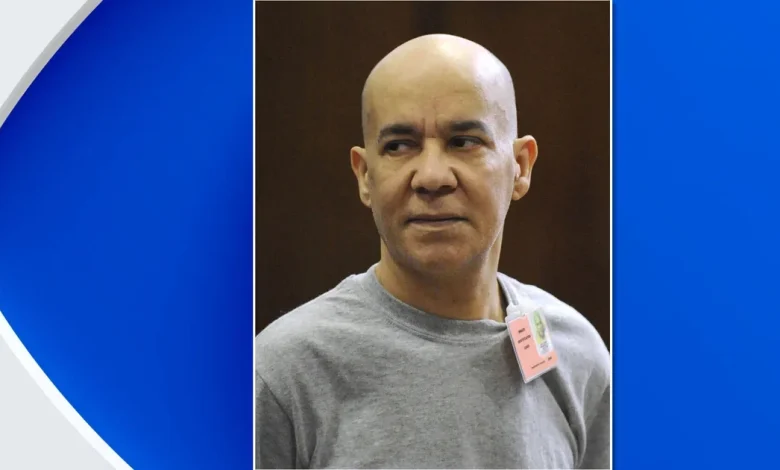Etan Patz murder suspect Pedro Hernandez to face 3rd trial, Manhattan DA’s office says

The Manhattan district attorney’s office said Tuesday it is preparing to retry Pedro Hernandez for the kidnapping and murder of Etan Patz.
Patz was just 6 when he vanished on his way to school in SoHo in 1979 – the first time he ever walked there alone. His disappearance changed the country. He became one of the first missing children to be pictured on milk cartons.
In 2017, Hernandez was sentenced to 25 years to life in prison after two trials. In July, a federal appeals court overturned that conviction, ruling the trial judge had wrongly instructed the jury. The appeals court ordered that Hernandez face a new trial “within a reasonable period” or be released.
Tuesday, the DA’s office sent a letter to the judge which reads, in part: “After thorough review, the District Attorney has determined that the available, admissible evidence supports prosecuting defendant on the charges of Murder in the Second Degree and Kidnapping in the First Degree in this matter, and the People are prepared to proceed.”
“We are deeply disappointed in the DA’s decision to retry this case for the 3rd time,” Hernandez’s attorney Harvey Fishbein said. “This is also in view of the fact that the federal appeal courts said there is evidence to show that Pedro is innocent. But, if this case, which is 46 years old, does go to trial, we will be ready.”
A case conference will be held on Dec. 1 for prosecutors and Hernandez’s defense attorneys to discuss further.
Etan’s body was never found. The case remained cold for decades until Hernandez was arrested in 2012. At the time, he confessed to killing Etan after luring him into a bodega basement where Hernandez worked at the time. Hernandez’s attorneys argued he made a false confession due to mental illness.
A 2015 trial ended in a hung jury. He was retried, and ultimately convicted after the jury deliberated for nine days. Attorneys for Hernandez appealed, claiming the jury was given incorrect instructions in response to a question about his confession. A federal appeals court ruled in their favor.





